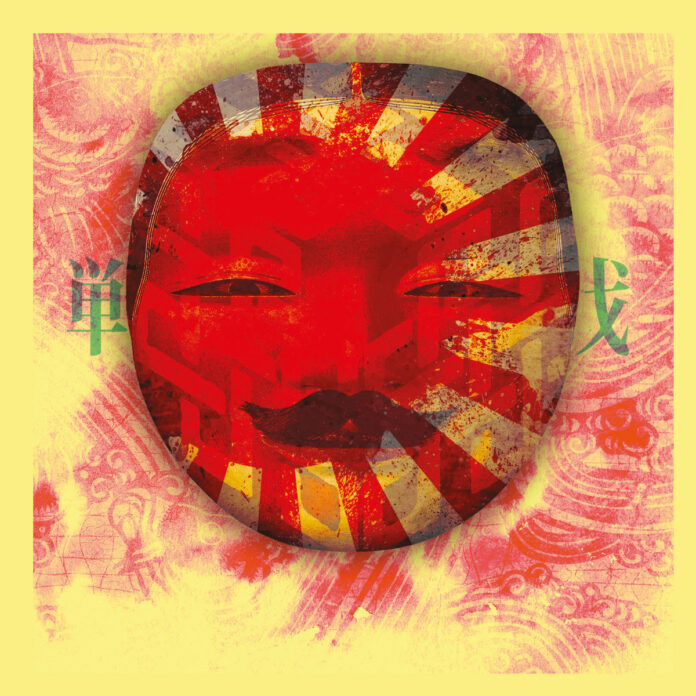The Japanese experimental short film Emperor Tomato Ketchup (トマトケチャップ皇帝, Tomato Kechappu Kōtei, 1971. When it was first released it was in a 27-minute version but the director’s cut that was 75-minute and its wa released in 1996) was made by Shūji Terayama (1935-1983, who was also a prolific poet, dramatist, writer, and photographer). The film had no clear narrative and was set in an indeterminate future when children engage in cruel and abusive acts against adults after they denied them the free expression of their sexuality and established their own empire where fairy tales and lovemaking take center stage and blend harmoniously. These young madmen imagine the constitution and laws of a world ruled by children with fake moustaches who have made ketchup the national symbol. This film had no soundtrack.
The Polish label Sublime Retreat and French sound artist Philippe Petit began a







